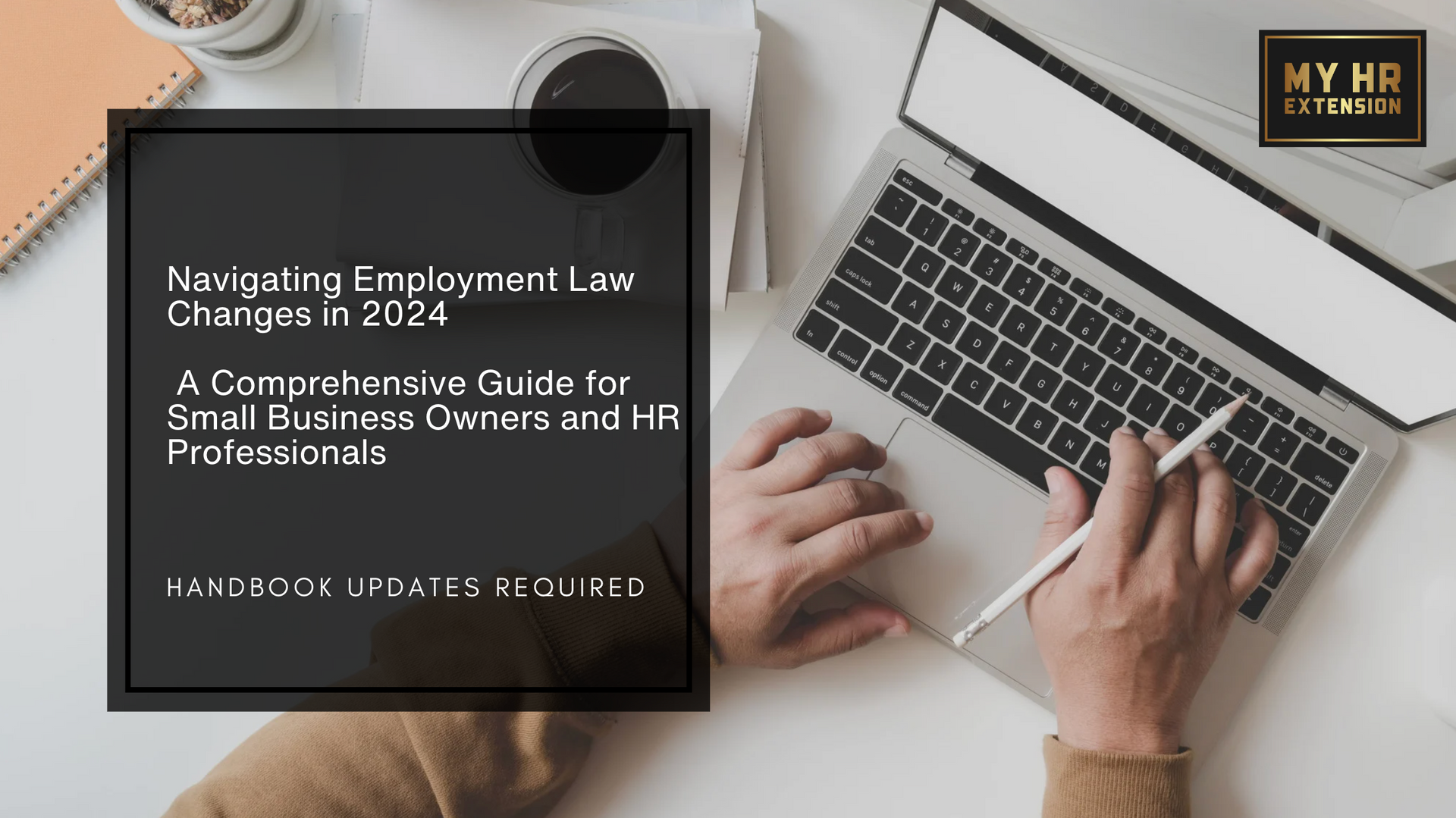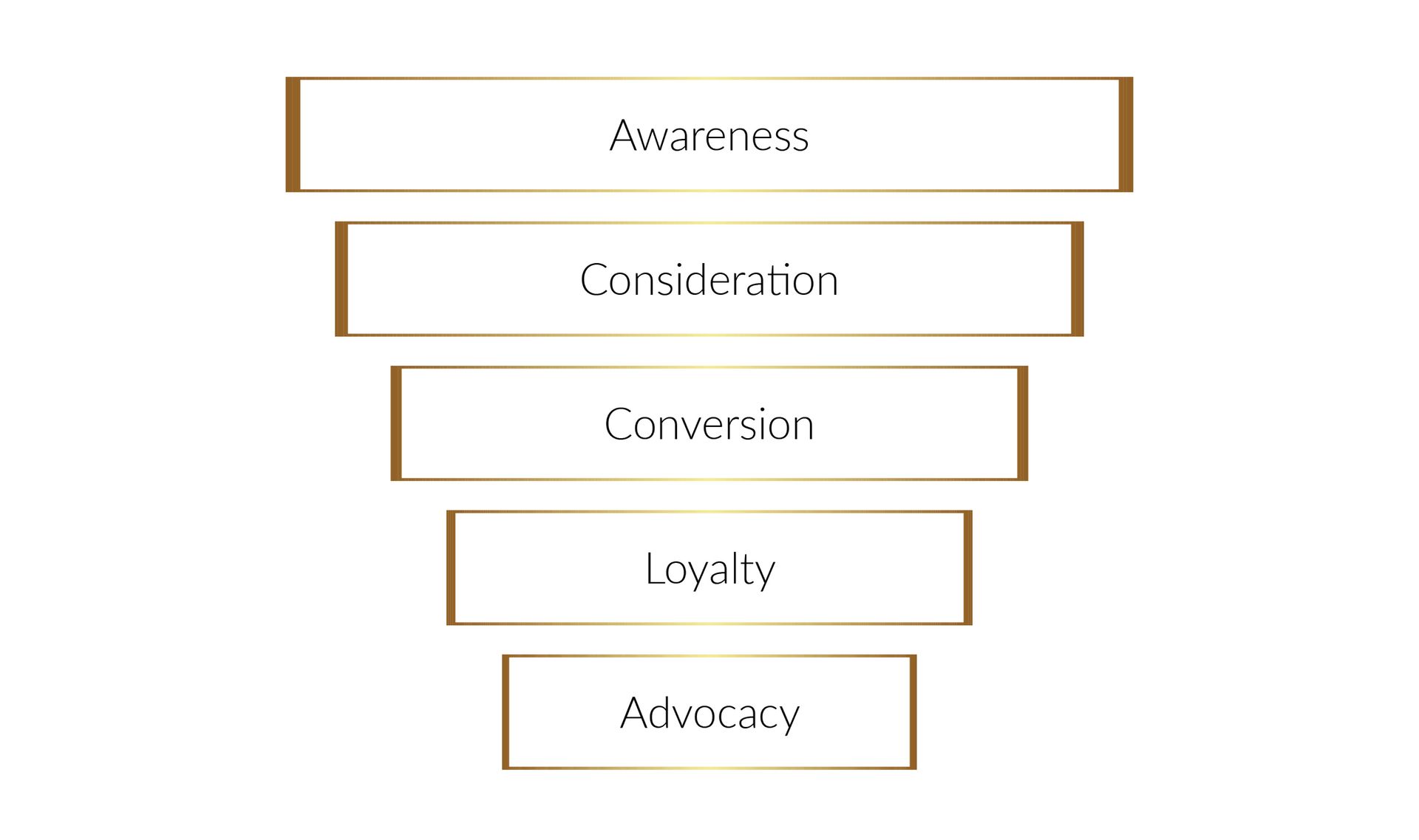Navigating Employment Law Changes in 2024: A Comprehensive Guide for Small Business Owners and HR Professionals
Embracing Change, Ensuring Compliance, and Building a Future-Ready Workplace in 2024

The year 2023 witnessed substantial shifts in employment law, reshaping the regulatory landscape for organizations. As we step into 2024, understanding these changes becomes crucial for employers to ensure compliance and mitigate potential legal risks. This article sheds light on key employment law alterations in 2023 and their implications on HR and small business owners.
Religious Accommodations Standard
In the case of Groff v. DeJoy on June 29, 2023, the Supreme Court redefined the undue hardship standard for religious accommodations under Title VII. Employers must now demonstrate "substantial increased costs" to deny requests, challenging the previous "more than de minimis cost" threshold. Businesses covered by Title VII should familiarize themselves with this heightened standard and review policies accordingly.
Form I-9 Updates
Since Nov. 1, 2023, employers must use the latest version of Form I-9, impacting the employment eligibility verification process. The revised form introduces changes, including streamlined sections, new supplements for certification, and updated document lists. Employers should ensure compliance to avoid penalties and leverage the opportunity to review Form I-9 processes.
Affirmative Action Challenges
The Supreme Court's decisions against affirmative action programs at UNC and Harvard signal a shift in considering race in college admissions. While these rulings may not directly affect employers, they could influence workplace diversity initiatives. Employers should anticipate potential impacts on diversity, equity, inclusion,
and belonging initiatives.
Proposed Overtime Rule
The U.S. Department of Labor proposed amendments to the Fair Labor Standards Act's white-collar exemptions, focusing on salary level adjustments. If implemented, the rule will raise the standard salary level, extending overtime protections to more workers. Employers need to stay updated on these potential changes, as they may affect operational and compliance costs.
Joint-Employer Rule
The National Labor Relations Board's new criteria for joint-employer status, effective Feb. 26, 2024, redefine control over essential employment terms. Employers sharing personnel practices should assess their relationships, as joint employers share responsibility for compliance. Understanding the revised standards will be crucial in managing labor and employment laws.
Pregnant Workers Fairness Act (PWFA)
Effective June 27, 2023, the PWFA mandates reasonable accommodations for pregnant workers, impacting employers with 15 or more employees. Businesses should familiarize themselves with the law, revise accommodation policies, and engage in interactive processes to ensure compliance.
Conclusion
In 2024, proactive measures are essential for navigating these employment law changes. Adapting policies, staying informed, and seeking legal counsel will not only mitigate legal risks but also contribute to a positive workplace environment. Small business owners and HR professionals can position themselves as leaders in adapting to evolving employment laws, fostering resilience and legality within their organizations. For tailored guidance, reach out to legal experts to discuss specific concerns and ensure a legally sound workplace. Stay informed, stay compliant!





